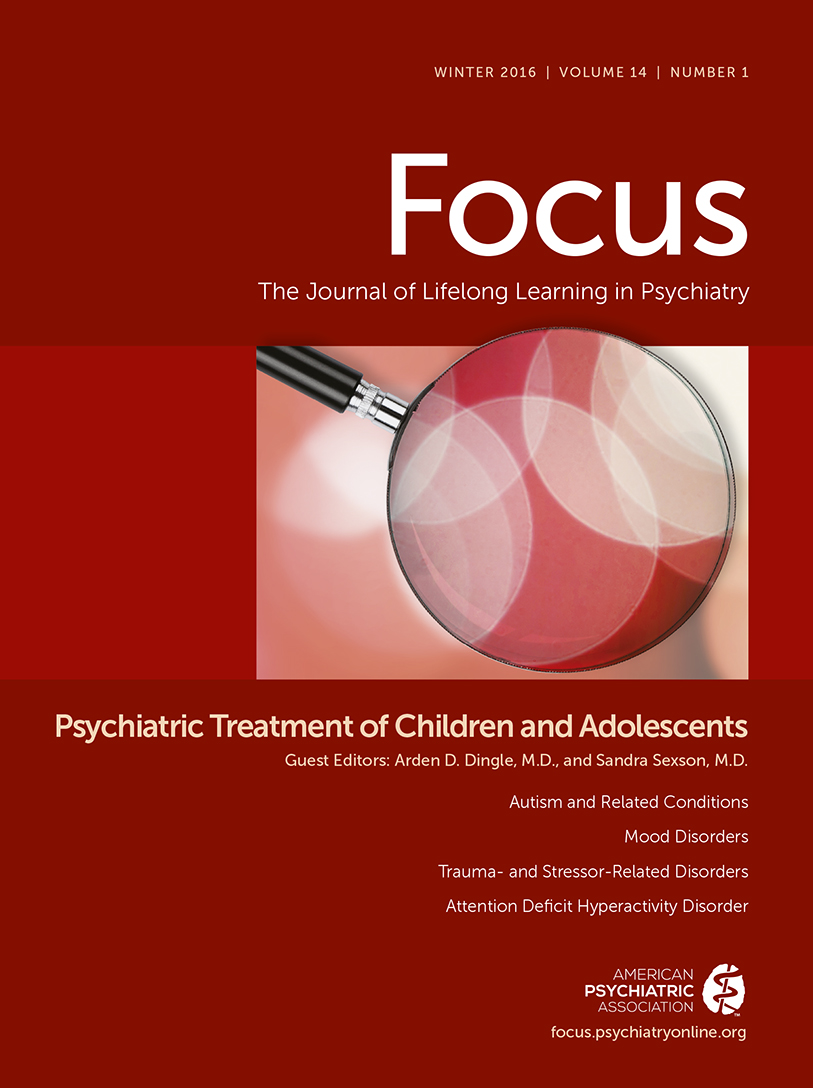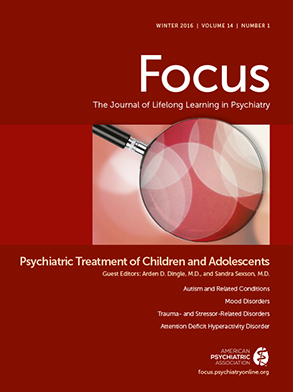For child and adolescent psychiatrists, the dilemma of communicating with anxious parents of an adolescent who does not want confidential information discussed may lead to a temptation for doublespeak—to provide the parents with vague information that is designed to conceal the true nature of the adolescent’s issues that have been identified in therapy. However, clear, honest communication with parents is essential to maintaining a trusting, family-centered relationship. What can and cannot be shared should be jointly discussed and understood.
Clinical Vignette
Leticia was a 13-year-old adolescent who presented with her mother to the pediatrician for an annual checkup. Dr. Qureshi always looked forward to seeing her. She was a bright, easily engaged, healthy, and spunky girl who delighted in teaching Dr. Qureshi about “kid culture.” “She’s a teenager now,” Dr. Qureshi mused, remembering her from when she was a toddler. She had started her menses last year, and Dr. Qureshi noted how much taller and physically developed she appeared sitting in the waiting room. He glanced at her screening questionnaires, and his brow furrowed instinctively. The Patient Health Questionnaire (PHQ-9) completed by Leticia was highly suggestive of depression. She even endorsed the PHQ-9 question about having “thoughts that you would be better off dead or of hurting yourself in some way” with a 2 (more than half the days). Dr. Qureshi took a deep breath, planted a welcoming smile on his face, and greeted Leticia and her mother warmly.
For patients of this age, Dr. Qureshi typically spoke with the parent and youth together, and then talked to the youth alone. Leticia said that school was “boring,” but that she did not have any particular problems. Leticia’s mother reported that, on the contrary, Leticia has gotten moody, talks back, does not finish her chores, does not spend enough time on her homework, and spends much too much time in her room on her computer.
Leticia gazed with contempt at her mother and replied “You just don’t understand teenagers, Mom. Jessica’s mother doesn’t nag at her all the time like you nag at me.”
Her mother bristled and looked at Dr. Qureshi pleadingly, “See what I mean?”
Without her mother present, Leticia reported that she has been cyberbullied by the “mean girls” at school. She is not sleeping well and has lost interest in academics and quit the soccer team. Dr. Qureshi, becoming alarmed, asked if she would be willing to talk to Dr. Pellova, the psychiatrist. The nurse left the office to make a call. Leticia initially looked curious and said she was interested, but then shook her head. “I don’t want my mom to know about this. She will freak out on me and give me even less freedom than I already have!”
Dr. Pellova, a child and adolescent psychiatrist, worked within the pediatric medical home. She poked her head into the office, having been summoned by the nurse for a safety assessment. “Hello, I’m Dr. Pellova. May I come in?”
“You called the psychiatrist on me?,” Leticia asked Dr. Qureshi, glaring.
“I did call the psychiatrist—to help assess to be sure that you are safe. Your thoughts of suicide concern me.”
“Does my mom know?” Leticia inquired. “Or perhaps you do an overhead announcement, ‘Psychiatrist to Leticia’s room, Stat!’” Leticia blurted, with no attempt to hide her sarcasm.
“I haven’t talked with your mother yet,” Dr. Pellova reassured.
“You sound concerned,” Dr. Pellova noted, looking quizzical.
Dr. Qureshi commented that he needed to go see another patient. “Leticia, will you stay and chat with Dr. Pellova, please?”
“I think you made me an offer I can’t refuse,” Leticia retorted.
“I hope you won’t—refuse, that is,” Dr. Qureshi said, his eyes softening to an empathic plea.
“I think adults have a pact to intrude upon teenagers’ privacy,” Leticia complained.
“Can you tell me what else is upsetting you?” Dr. Pellova inquired.
Leticia told her of the “mean girls,” and how her boyfriend broke up with her because of the rumors they started about “my being a whore” because I drank at a party and kissed a guy. She showed Dr. Pellova the superficial scratches that she had made on her forearms when she was upset, “to calm me down.”
“Do your parents know any of this?” Dr. Pellova asked, with a look of gentle concern in her eyes.
Leticia replied, “My mom just wants me to be a good little girl and get all As. My dad is always working. He doesn’t notice anything.”
After conducting a thorough risk assessment and determining that Leticia was not actively suicidal, Dr. Pellova noted, “You seem very depressed. And no wonder—you’ve had a whole lot going on. Did you know that about 20% of teens suffer from depression? You are not alone. However, you are particularly brave to have talked about it. That way, we can treat it. Unfortunately, only about 30% of depressed teens actually get help.”
“And my mom?” Leticia asked, her eyes looking apprehensive this time. “What are you going to tell her?”
“Well,” mused Dr. Pellova. “I thought that you might want to be the one to talk to her about it. My guess is that she already suspects something, and if you tell her, I won’t be saying anything you don’t want me to. You do know that if there are safety concerns, though, I would have to let her know. And some kids need to go to the hospital to be sure they are safe.”
“Are you going to put me in the hospital?” Leticia asked, outraged.
“That is not the plan. I mentioned it to be as honest as possible about the seriousness of safety issues,” said Dr. Pellova.
“Okay,” Leticia said, notably relieved. “I guess I will tell my mom, but can you help? Especially if she gets all freaked out?”
“Of course. I can tell you care about your mother and don’t want to make her worry. Dr. Qureshi was right—you really are a very special young person,” said Dr. Pellova.

